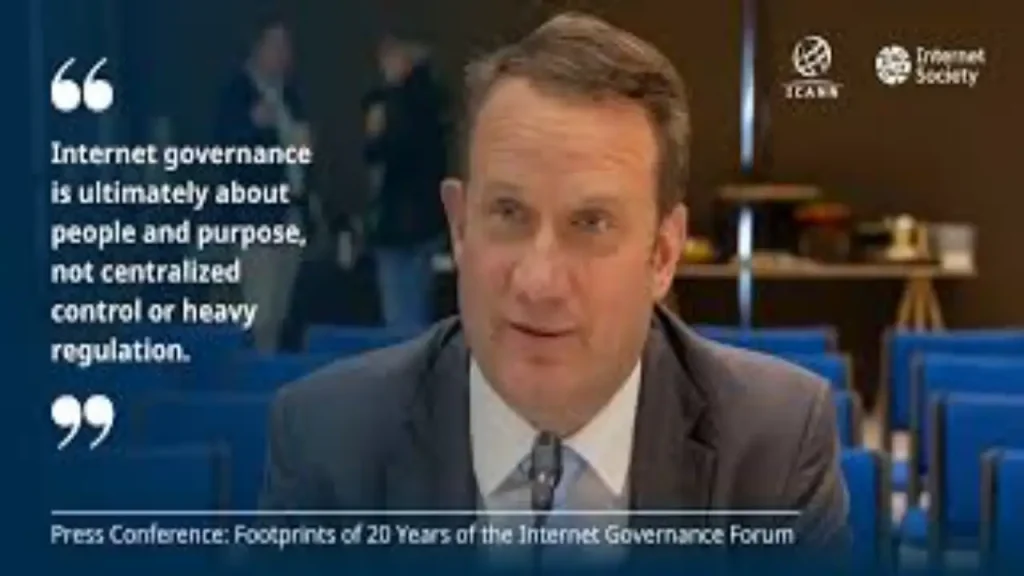- ICANN’s handling of recent AFRINIC disputes has prompted calls for clearer, more consistent intervention guidelines.
- CEO Kurtis Lindqvist is being urged by stakeholders to formalise procedures that respect autonomy while safeguarding global internet governance.
Spotlight on the CEO’s role
In the wake of ongoing governance issues at AFRINIC, Kurtis Lindqvist, CEO of the Internet Corporation for Assigned Names and Numbers (ICANN), is facing growing scrutiny from stakeholders across the internet governance ecosystem. Critics argue that ICANN’s interventions in regional disputes—especially those involving the allocation of IP addresses—have lacked consistency, transparency and procedural fairness. Now, members of the technical community and civil society are calling on Lindqvist to lead the development of clearer protocols that define ICANN’s role in such situations.
Also read: New ICANN CEO Kurtis Lindqvist and his global power grab
Also read: Kurtis Lindqvist steps in: ICANN CEO challenges AFRINIC election
AFRINIC as a catalyst
The AFRINIC crisis, which has involved board dissolutions, contested elections and allegations of interference, has exposed gaps in how ICANN coordinates with Regional Internet Registries (RIRs) under stress. While ICANN holds no direct oversight over RIR operations, it is seen as a guardian of the global internet addressing system. ICANN’s involvement in the case—particularly through open letters and court support—has raised questions about when it should act, and how far it should go in influencing or endorsing outcomes.
Community push for accountability
Many in the community believe that ICANN’s involvement in the AFRINIC situation was necessary but not sufficiently guided by clear, publicly vetted procedures. “The lack of a formal framework invites inconsistency,” said one observer involved in Internet governance forums. Stakeholders say that even well-intentioned moves can lead to perceptions of favouritism or overreach if the criteria for action are not made explicit. Kurtis Lindqvist, with his background in network operations and policy, is now seen as key to addressing this gap.
What reform could look like
Proposals vary, but many suggest ICANN should collaborate with the Number Resource Organization (NRO) and RIRs to draft a public intervention protocol. This could outline specific triggers, such as prolonged operational failure, legal threats to address distribution, or member disenfranchisement. Such a document could also clarify ICANN’s remit: whether it should only comment, issue guidance, or provide technical oversight. Transparency, timeliness, and community feedback are widely agreed to be essential components.
The risks of inaction
Without reform, ICANN risks damaging its credibility as a neutral coordinator. Any perceived inconsistency in handling future crises could provoke mistrust from global stakeholders, especially in regions where internet infrastructure and governance are still developing. “If we don’t know when ICANN will step in—or on what basis—then we can’t plan or trust the system,” said a policy lead at a regional ISP association. Calls for change are as much about predictability as they are about fairness.
A turning point for ICANN governance
Kurtis Lindqvist has an opportunity to establish a lasting framework that strengthens ICANN’s legitimacy and supports bottom-up multistakeholder governance. Such a move would also help ICANN distance itself from accusations of political influence, especially in contentious regional cases. By addressing the ambiguity around intervention, Lindqvist could help ICANN transition from reactive statements to proactive stewardship.

